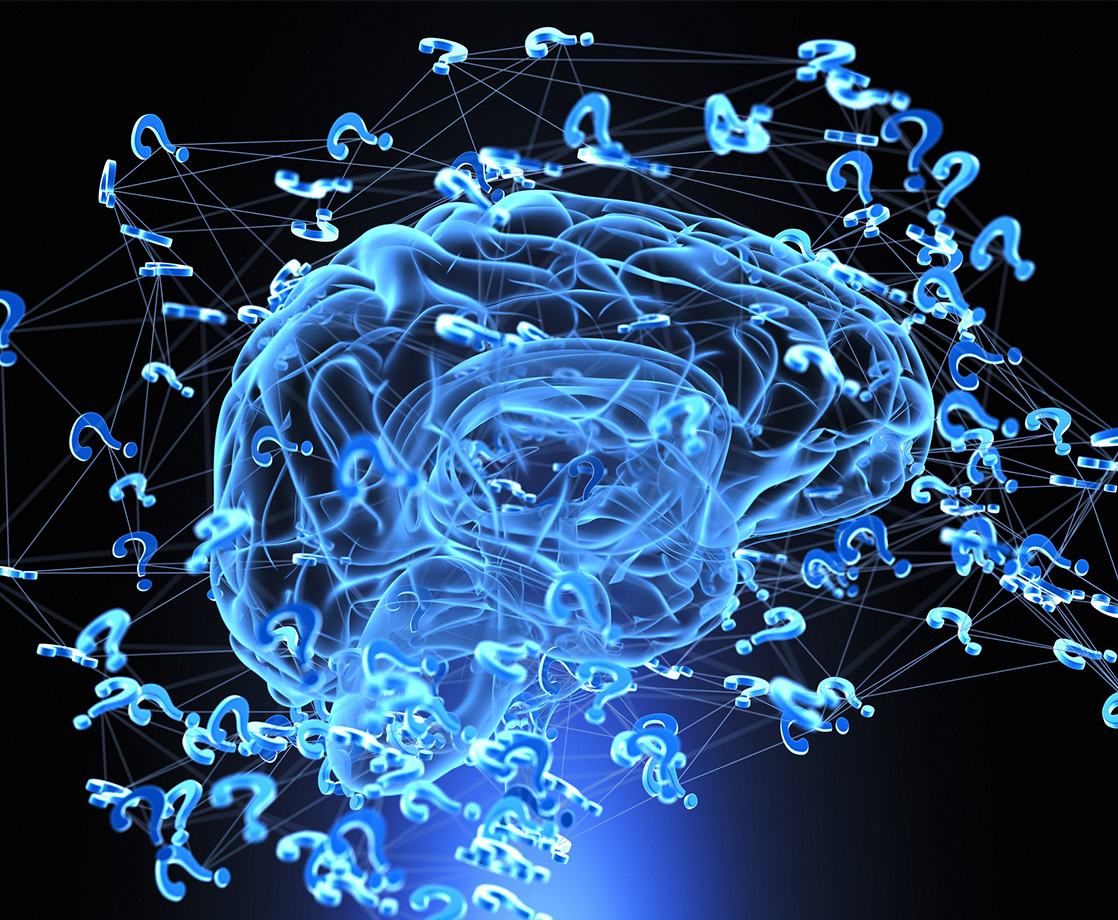The stereotype of the bumbling, forgetful stoner is one of the most common myths of the cannabis user in popular culture, but a new research study published last month in the NeuroImage journal has found evidence that could finally extinguish the stereotype. In a test of working memory, adults who had used cannabis while they were adolescents actually performed better than those who had never used the drug. Previous research on cannabis and working memory has been inconclusive, with some research finding links between marijuana and impaired memory, while other studies have found no connections at all.
Brenden Tervo-Clemmens of the University of Pittsburgh and his team of researchers studied 75 28-year-olds who had been tracked since birth as part of the longitudinal Maternal Health Practices and Child Development Study. 60 of these individuals had used cannabis previously, and 15 had never used it. All of the participants passed a multi-drug test and reported that they had used no drugs in the week leading up to the test. Researchers gave the participants a working memory test, while also conducting a fMRI scan to observe changes in brain activity.
The researchers found that individuals who had begun using cannabis at an early age had slower reaction times than those who had not. "Surprisingly, however, at the group level, cannabis users generally performed better than participants who reported never using cannabis," the study reports. Researchers were unable to identify exactly why cannabis users performed better on the tests, but Tervo-Clemmens hypothesized that adolescents with stronger working memory or brain function may be more likely to try cannabis at an early age.
To further explore the issue, Tervo-Clemmens told PsyPost that "studies measuring adolescents prior-to and following their initiation of cannabis use are essential for understanding whether adolescent cannabis use is associated with poorer neurocognitive function."











